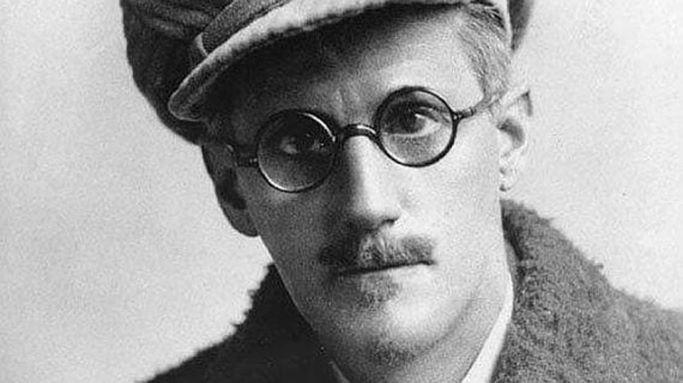Reading James Joyce's novel Ulysses helps to understand Western culture
The fascination of James Joyce's (1882-1941) work stems from its use of language, its high evocative capacities, and its relationship with the psyche. February 2 marks the centenary of his birth.





